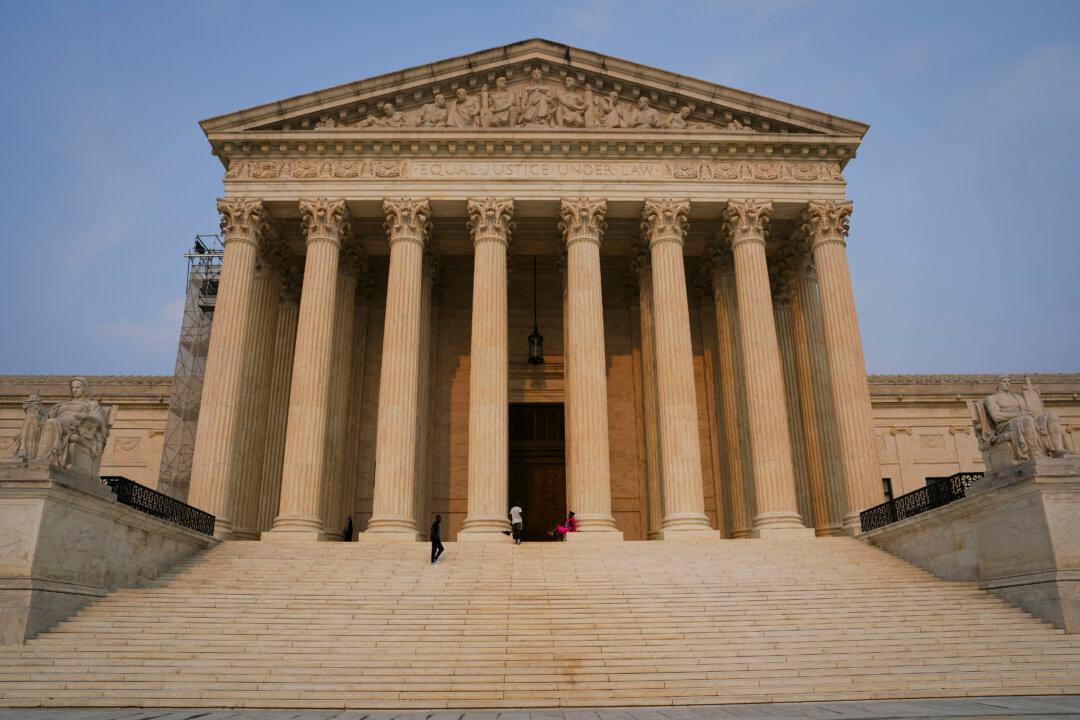The U.S. Supreme Court ruled 6–3 on June 27 against North Carolina Republicans who argued that state legislatures have sweeping authority to make the rules for federal elections in the states without interference from the courts.
At issue is the once-obscure independent state legislature doctrine, under which Republicans argue that the Constitution has always directly authorized state legislatures alone to make rules for conducting federal elections in their respective states.





